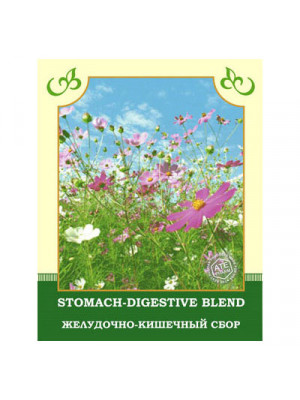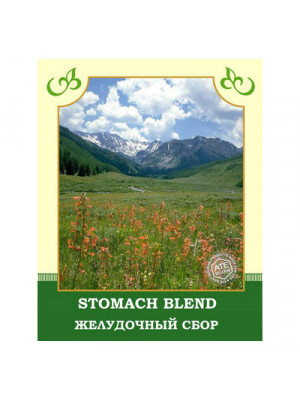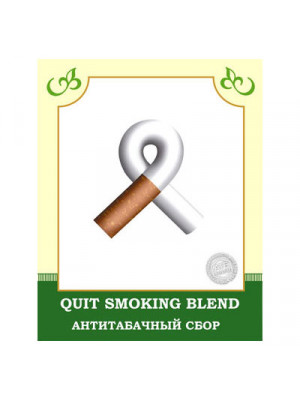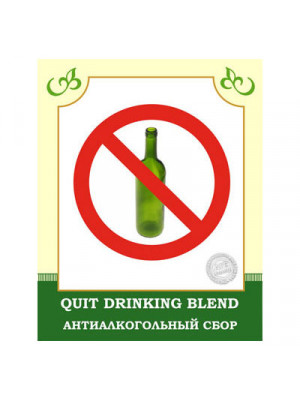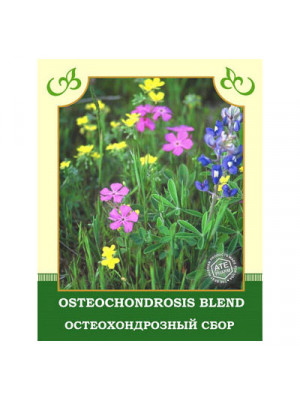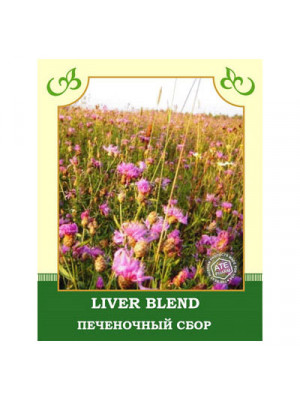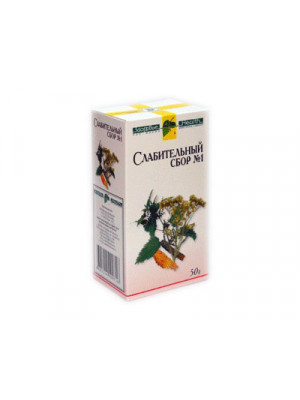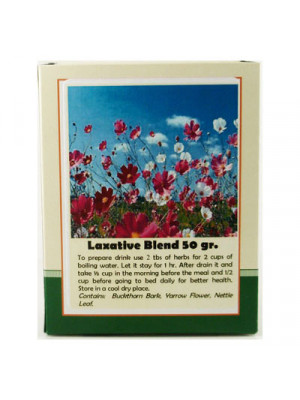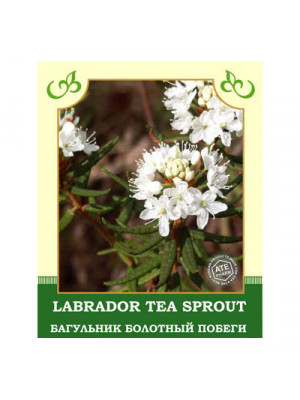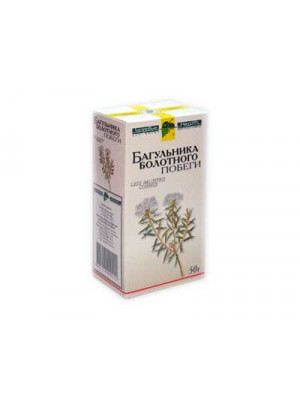Search results for 'breuss tea blend'
Composition: chamomile, peppermint, dill (fruits), ground elder, licorice.
Indications: Gastritis with increased acidity, peptic ulcer of the stomach and duodenum, chronic colitis, biliary dyskinesia, spasms of the smooth muscles of the gastrointestinal tract.
$5.40Composition: buckthorn bark, nettle, peppermint, valerian root, calamus root.
Spasms of the smooth muscles of the digestive tract, spastic constipation (as a mild laxative).
$6.99Composition: marshmallow, licorice, pine buds, anise, sage.
The infusion relieves the painful symptoms of withdrawal, calms the nervous system and helps cleanse the lungs.
$6.99Composition: centaury, glade. Cleanses the body of toxins, cookies from toxins, appearance turning to alcohol.
$6.99Composition: linden flowers, calendula, elecampane, yarrow, peppermint.
$6.99Composition: marigold, flax seeds, yarrow, watercress, licorice, flax seeds, milk thistle fruits.
For liver diseases, gallbladder and bile ducts, hepatitis, cholecystitis, gallstone disease, helps remove cholesterol from the body.
$5.40- Applied with acute and chronic constipation, improves intestinal peristalsis, relieves him from the lethargy. Has anti-inflammatory effect.$6.99
- Contain: Buckthorn Bark, Yarrow Flower, Nettle leaf.
Attention! Before using any herbal products, make sure that you have full knowledge of how the herb works and any adverse reaction it may cause.$5.40
Description. The properies of Labrador Herb are analgesic, blood purifier, diaphoretic, diuretic, narcotic, pectoral, poultice, salve, tonic. The herb yields its virtues to hot water or to alcohol. It is useful in coughs, dyspepsia, and irritation of the membranes of the chest. An infusion has been used to soothe irritation in infectious, feverish eruptions, in dysentery, leprosy, itch, etc. The strong decoction, as a wash, will kill lice. The leaves are also used in malignant and inflamed sore throat. Use. In modern herbalism it is occasionally used externally to treat a range of skin problems. A tea is taken internally in the treatment of headaches, asthma, colds, stomach aches, kidney ailments etc. Externally, it is used as a wash for burns, ulcers, itches, chapped skin, stings, dandruff etc. An ointment made from the powdered leaves or roots has been used to treat ulcers, cracked nipples, burns and scalds. The plant is apparently a mild narcotic, it was taken by Indian women three times daily shortly before giving birth. You should be very careful about internal use of Labrador herb. The by-effects are irritability, dizziness, high excitability; and large doses may cause central nervous system depression.
Attention! Before using any herbal products, make sure that you have full knowledge of how the herb works and any adverse reaction it may cause.$6.99Internally, it is used for headaches and cardiac discomfort, acute and chronic bronchitis, bronchial asthma, whooping cough, and enterocolitis.
Method of application and dosage: To prepare an infusion, take 6 g of water avens, pour 180 ml of boiling water, infuse on a water bath for 15 minutes, cool for 45 minutes, strain. Take 2 tablespoons 3-4 times a day. For a decoction, take 10 g of water avens, pour 200 ml of boiling water, infuse on a water bath for 30 minutes, cool for 10 minutes, strain, bring to 200 ml. Take 2 tablespoons 3 times a day after meals.
Externally, it is used as compresses and rubs for myositis, neuritis, and joint diseases.
Contraindications: Individual intolerance. The plant is poisonous! Overdose during preparation and consumption of the decoction is not allowed! Consult with a specialist before use.
$6.99


